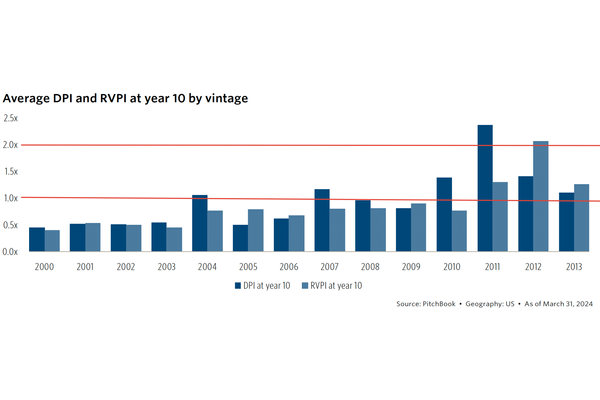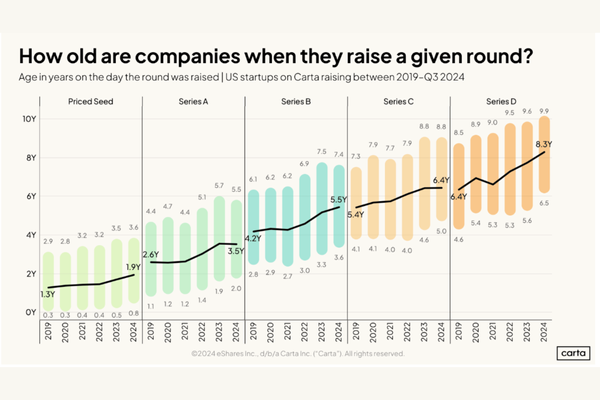Making The Best Decisions You Can With The Best Data You Have
One of the hardest parts of leadership is getting comfortable with making difficult decisions with imperfect data.
But it's a critical skill to be able to move your company forward, particularly in an early-stage company.
Let's think about the possible sources of data that could help inform your decision-making process.
You have an overworked accounting team. They hustle to close the company books each month, pay your vendors before accounts are shut off, and chase clients for payment so you can meet payroll. And then as soon as a month is closed, the next month is here and they start all over again. The hamster wheel never seems to stop turning.
Your FP&A team consists of one mid-level employee in their second job. Super smart, and works hard as hell, but lacks the experience and context to make many decisions on their own.
Your understanding of changing industry dynamics comes from what you read in those 5 email newsletters you read each day. And if you're lucky, from the one or two of your board members that have stayed focused on your industry and see similar companies every day.
You're a startup, so you over-indexed for hungry, humble, and smart employees because you can't yet afford a broad bench of seasoned, experienced senior leadership.
And now you and your team have to make a critical decision based upon the imperfect data that you have.
Doing nothing is increasingly not an option. Decisions have to be made.
Leadership is about moving your team through these moments to make the best possible decisions with the best data you have.
Focus on the facts. Keep your team high enough above the muck of bad data to keep seeing the forest for the trees. Focus on the problem you can all see and define. Work together to get to the best possible decision.
You can't get stuck in analysis paralysis.
You need to learn how to recognize when asking for more data is a stalling tactic. It can come from true uncertainty, or it can be a roadblock thrown up by someone that is resisting change.
Give your team permission to make decisions with imperfect data. Give your team permission to be directionally correct, knowing that some of the decisions will be off by 10 - 20 degrees. That's ok.
If you do this, your team will get more nimble. They will learn to make faster decisions and then adjust along the way as they see adjustments that need to be made.
This is how great companies are built.
If you can't create this culture in your company, you're going to hit roadblocks you can't react to.
Because the perfect data isn't coming.




